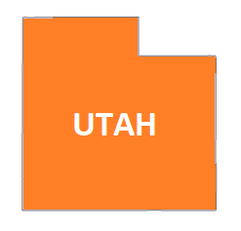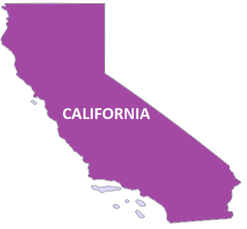Geospatial Technology - DACUM
Discover free public data, tools, and resources from GeoTech Center
Developing a Curriculum (DACUM) is a process that incorporates the use of a focus group in a facilitated storyboarding process to capture the major duties and related tasks included in an occupation, as well as, the necessary knowledge, skills, and traits. This cost-effective method provides a quick and thorough analysis of any job.
It is a means of researching and analyzing a particular job that results in a chart listing the duties, tasks, and related information about the job. That information can be applied in the development of a curriculum (and individual lesson plans) to assure and, in fact, document, that the content is directly relevant to what is required on the job. Given the failure to train liability and the risks inherent in corrections today, developing job-relevant training grounded in job analysis is not just a luxury but as necessity today.
DACUM Process
While there can be some variations in the DACUM process, basically, a panel of incumbents in the job (usually those who perform it well) develop a list of all duties and tasks associated with the job based on consensus. The panel also develops a list of knowledge and skills, tools, equipment, etc. that are essential for success. This all becomes complied in a DACUM chart which is a roadmap for identifying relevant training topics. Often, since resources are limited and the DACUM chart can be quite extensive, the same panel or a panel of their supervisors (sometimes called a validation panel) will set priorities in terms of how frequently a task is performed and how critical it is to the mission. This can reduced the training burden to a more manageable level in a legitimate manner via the expert panel analysis.
It is a means of researching and analyzing a particular job that results in a chart listing the duties, tasks, and related information about the job. That information can be applied in the development of a curriculum (and individual lesson plans) to assure and, in fact, document, that the content is directly relevant to what is required on the job. Given the failure to train liability and the risks inherent in corrections today, developing job-relevant training grounded in job analysis is not just a luxury but as necessity today.
DACUM Process
While there can be some variations in the DACUM process, basically, a panel of incumbents in the job (usually those who perform it well) develop a list of all duties and tasks associated with the job based on consensus. The panel also develops a list of knowledge and skills, tools, equipment, etc. that are essential for success. This all becomes complied in a DACUM chart which is a roadmap for identifying relevant training topics. Often, since resources are limited and the DACUM chart can be quite extensive, the same panel or a panel of their supervisors (sometimes called a validation panel) will set priorities in terms of how frequently a task is performed and how critical it is to the mission. This can reduced the training burden to a more manageable level in a legitimate manner via the expert panel analysis.







